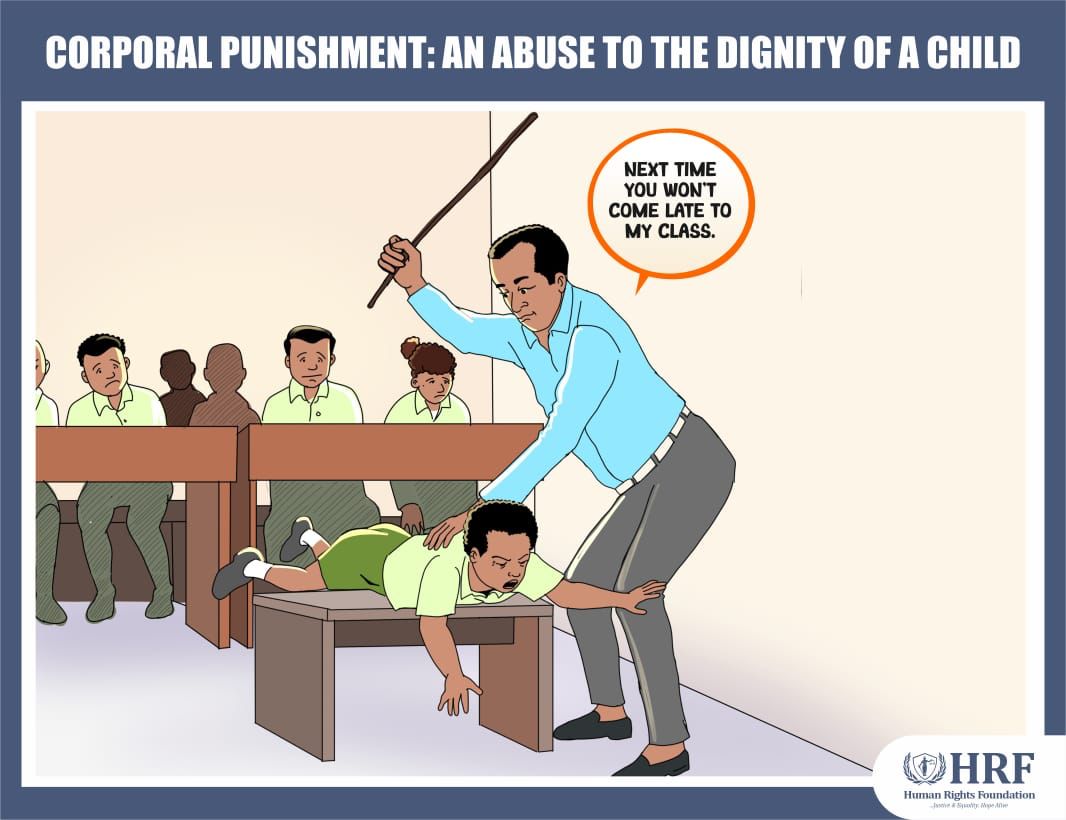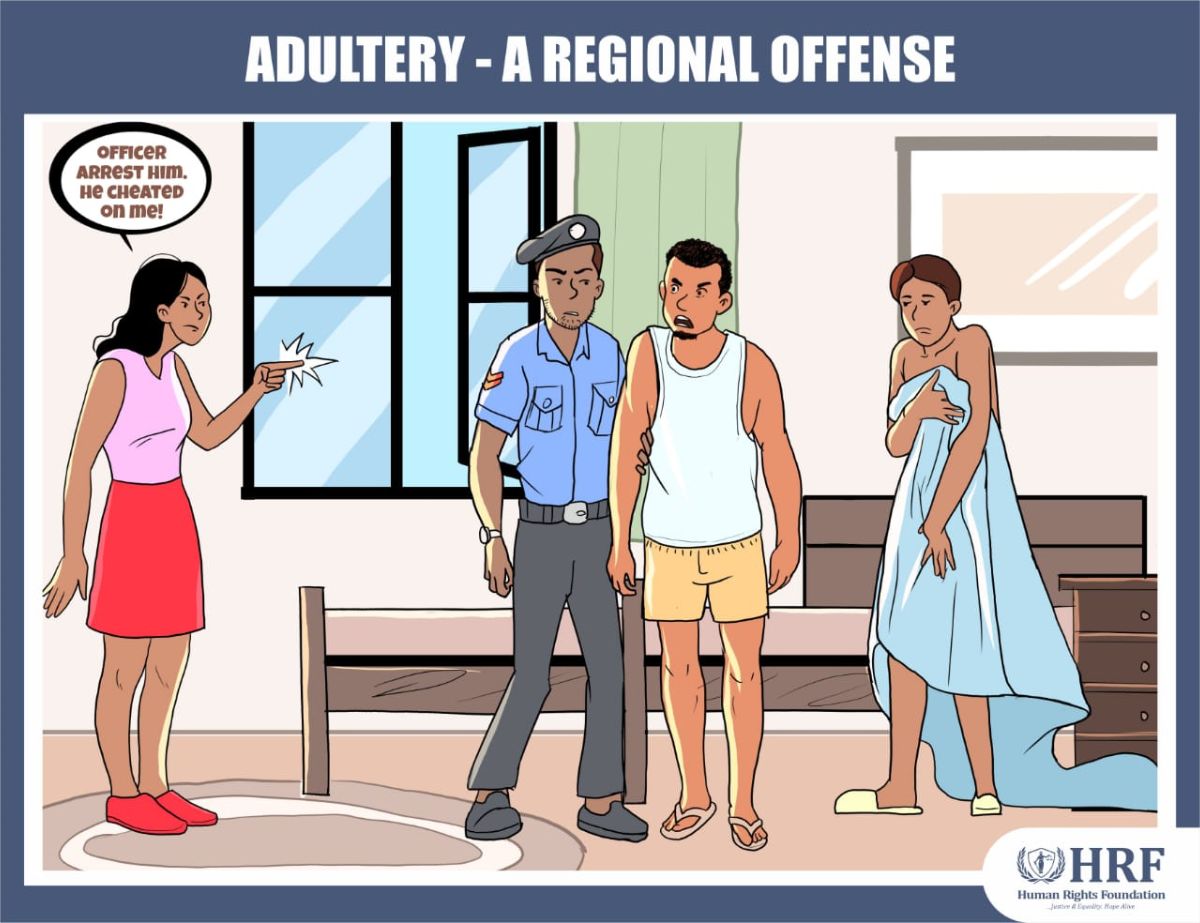
The recent altercation involving a female passenger aboard an Ibom Air flight has stirred national debate. Videos from the incident, reports from media outlets, and official statements from the airline, the Federal Airports Authority of Nigeria (FAAN), and the Minister of Aviation revealed a confrontation between a passenger and crew. Beneath the viral clips and emotional reactions, however, lie deeper questions of aviation safety, accountability, privacy, and the fair administration of justice.
THE INCIDENT AND CONFLICTING NARRATIVES:
According to reports, the disagreement began when the passenger allegedly refused to comply with safety instructions to switch off or set her phone to flight mode before departure. Matters reportedly escalated when she resisted the crew, leading to damage to aircraft property and an alleged assault on a flight attendant. The pilot, citing safety concerns, returned the aircraft to the stand, where she was disembarked by airport security.
Conflicting narratives soon followed. Some accounts claimed she attempted to seize safety equipment; others stressed her resistance to being removed. Controversy deepened when a video of her in a humiliating state circulated online, raising questions about violations of dignity and privacy.
SAFETY OBLIGATIONS AND PASSENGER CONDUCT:
Airline safety is paramount. Section 85 of the Civil Aviation Act 2022 criminalizes interference with crew members in the discharge of their duties. The Nigerian Civil Aviation Regulations (NCAR) and FAAN bye-laws empower both crew and security personnel to restrain and disembark any passenger whose behavior threatens order or safety.
If the allegations were true, the passenger’s conduct would have constituted offenses under aviation and criminal law. Passengers owe a legal duty to comply with lawful crew instructions, and breaches may justify criminal prosecution.
PRIVACY, DIGNITY, AND UNLAWFUL DISCLOSURE
Yet, the viral circulation of a video depicting the passenger in a degrading manner introduces serious human rights concerns. Section 34 of the 1999 Constitution protects the dignity of the human person, while Section 37 guarantees privacy. The Nigeria Data Protection Act 2023 prohibits unauthorized disclosure of personal data, including video recordings. If the footage originated from security or airline staff, its release is unlawful, actionable, and deserving of sanction. Protecting aviation safety does not entitle authorities or individuals to strip citizens of their constitutional rights.
THE LEGAL AFTERMATH AND WITHDRAWAL OF THE SUIT:
The passenger was initially arraigned before a magistrate’s court on allegations including assault and disorderly conduct. On the surface, these are bailable offenses. Under the Administration of Criminal Justice Act 2015 (ACJA), bail is the rule for non-capital offenses, with remand only permitted in exceptional circumstances. Public concern grew when she remained in custody despite the availability of bail, giving rise to questions of proportionality and compliance with Section 35 of the Constitution, which guarantees personal liberty.
In a subsequent development, however, the prosecution withdrew the charges, and the case was struck out. While this formally ended the criminal process, it left unresolved concerns about the period of remand, whether due process was consistently observed, and how justice is to be balanced when both safety and human rights are at stake.
BALANCING RIGHTS AND RESPONSIBILITIES:
This incident is a reminder that aviation safety and human rights are not mutually exclusive. Passengers must comply with crew instructions and avoid actions that endanger lives or disrupt operations. Airlines and authorities, in turn, must enforce safety protocols without undermining dignity, privacy, or liberty. Justice demands a fair balance: ensuring order in the skies while upholding constitutional guarantees.
On the law, the alleged conduct of the passenger—had it been proved—was serious and prosecutable under the Civil Aviation Act and criminal statutes. Yet the withdrawal of the case means the criminal allegations remain legally untested. Conversely, the public circulation of a humiliating video, if traced to persons in authority, is a clear breach of constitutional and statutory rights and must attract accountability.
Ultimately, justice in this matter is two-fold: safeguarding the skies through strict enforcement of aviation safety, and safeguarding human dignity by upholding privacy and due process. The Ibom Air incident shows that law and justice must not tilt too heavily to one side; both security and rights are essential. In protecting one, we must never destroy the other.



.jpg)
0 Comments